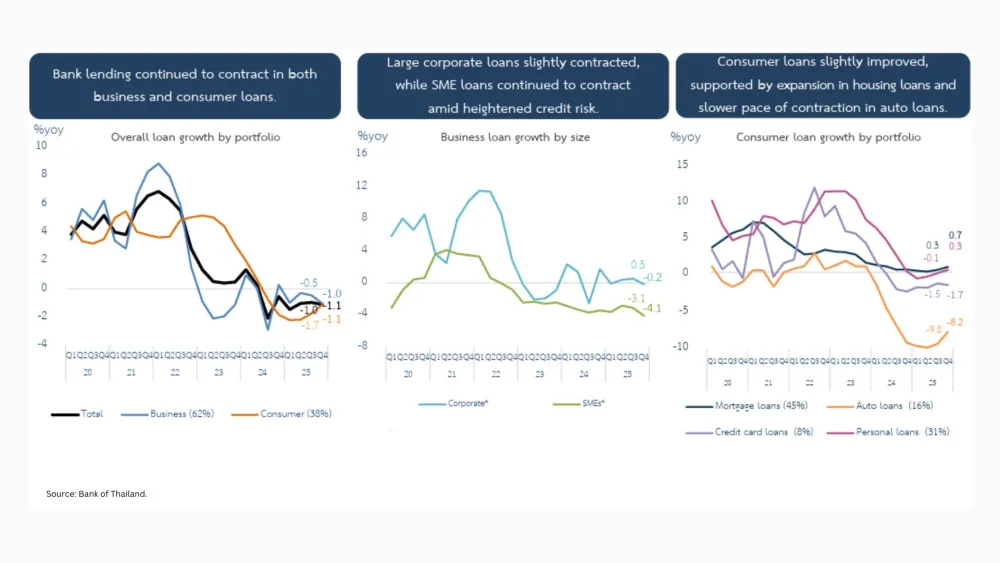
China property sector bailout to hit banks’ asset quality, solvency
Solving the issue of heightened inventory may cost 2.6% of China’s GDP.
Bailing out China’s embattled property sector will cost 2.6% of China’s GDP and may affect Chinese banks’ asset quality and solvency.
Given the high level of unsold homes, one solution that the Chinese government can embark on is to purchase completed and vacant units, said Alicia Garcia Herrero, chief economist for Asia Pacific, Groupe BPCE – Global Markets Research, Natixis Corporate & Investment Banking.
“The government may also expand the purchase to pre-sold and unsold units,” Garcia Herrero said.
These two options can cost around RMB3.38t or 2.6% of China’s GDP, assuming that the government buys the property at 70% of the market price, she added.
The suggestion comes as China’s property sector remains in doldrums three years on. Real estate investments and property sales logged double-digit declines in August 2024 compared to a year earlier, according to data from Natixis Asia Research.
As the property sector used to make up a third of the GDP, this has also hit on local governments’ fiscal revenue, which has contracted 25.4% YoY as of August 2024.
Recent support measures rolled out on 24 September 2024 targeted the property sector specifically through laxer monetary policies, lowering the outstanding mortgage rates, reducing the down payment ratio nationally, and accelerating affordable housing.
Despite these measures, China may still need to cut interest rates further, said Garcia Herrero.
“If demand increases due to policy changes, it will positively affect the economy and banks by lowering the bailout cost. However, it will depend on implementation, and China will need to cut interest rates further to make it happen,” Garcia Herrero said.
The current policy is expected to lead to recovery in Tier-1 cities— Beijing, Shanghai, Guangzhou, and Shenzhen.
Already, the four Tier-1 cities have lifted purchasing restrictions, and other cities may follow suit soon.
“Impact can still be muted in other cities, meaning it is far from a broad-ranged rebound. A key question is whether households and corporates believe China will return to a pro-growth agenda,” Garcia Herrero said.



















 Advertise
Advertise









